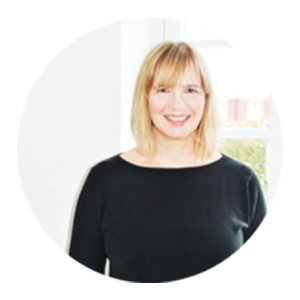




Counselling is a talking therapy and I am a trained practitioner able to work with people over a short or long term, helping them bring about effective change or enhance their wellbeing.
I have experience of working in different therapeutic settings including; an NHS GP surgery and with adult referrals from a Children’s Centre. I also have over 25 year’s experience of working with young people and am an experienced and qualified lecturer.

What
can I expect?
We will meet at an agreed time
and place. The meeting space will be ‘safe’ and you cannot
be overheard.
During your session we will look at the things that have brought you to
therapy. You might talk about current or past life events, relationships,
emotions and patterns of thinking or behavior. Counselling is not about
telling you what to do, rather it is an opportunity to be heard and supported
as you consider your options and together we can help you identify a way
forward. The aim is to bring about effective change or to enhance your
wellbeing.
The therapy process needs commitment and at times it may seem challenging.
The approach to the counselling will be tailored in response to your needs
and personality. I will be non judgmental and will work in a way and at
a pace that suites you. Whilst counseling is most often about speaking
and listening it is not the only medium that is used, for example sometimes
you may choose to use art, writing, relaxation or breathing exercises.
How long is a therapy session?
50 minutes.
How long will I need to have counselling?
This will depend on the issues you want to address in therapy. Anywhere from 6 weeks to 6 months is usual.
What to expect from the first session?
During the first session we will begin to get to know each other and to see if you feel comfortable about working with me. I will try to find out what your needs are, make an assessment and explain if and how I might be able to help.
What kinds of issues can counselling help with?
• Depression and feelings of sadness
• Loss and bereavement
• Stress in work or home life
• Concerns about relationships
• Anxiety or panic attacks
• Feeling lonely, unable to connect
• Anxiety about tasks and responsibilities
• Coping with change at work
• Work/life balance
• Exploring career options
• Creative block
• Addiction
to alcohol, drugs, gambling, sex
• Suffering from physical or emotional
abuse
• Feelings of anger, frustration or
aggression
• Ageing
• Concerns about work relationships
• Loss of sense of self-worth
• Redundancy
• Concerns about your capabilities
• Feeling you are not achieving your
potential
Useful Links
British Association
for Counselling and Psychotherapists
Mental Health
Care - Mental health information for friends, families and carers
Mind - National Association
for Mental Health
NHS Direct
Age Concern - the
UK's largest organisation working with and for older people
Turn2me - online support
Turning Point
Talk to Frank - offers
information about drugs
The voice of young people’s mental health and well-being
A
self-help guide to self-esteem
Cruse
Bereavement Care
Contact me



